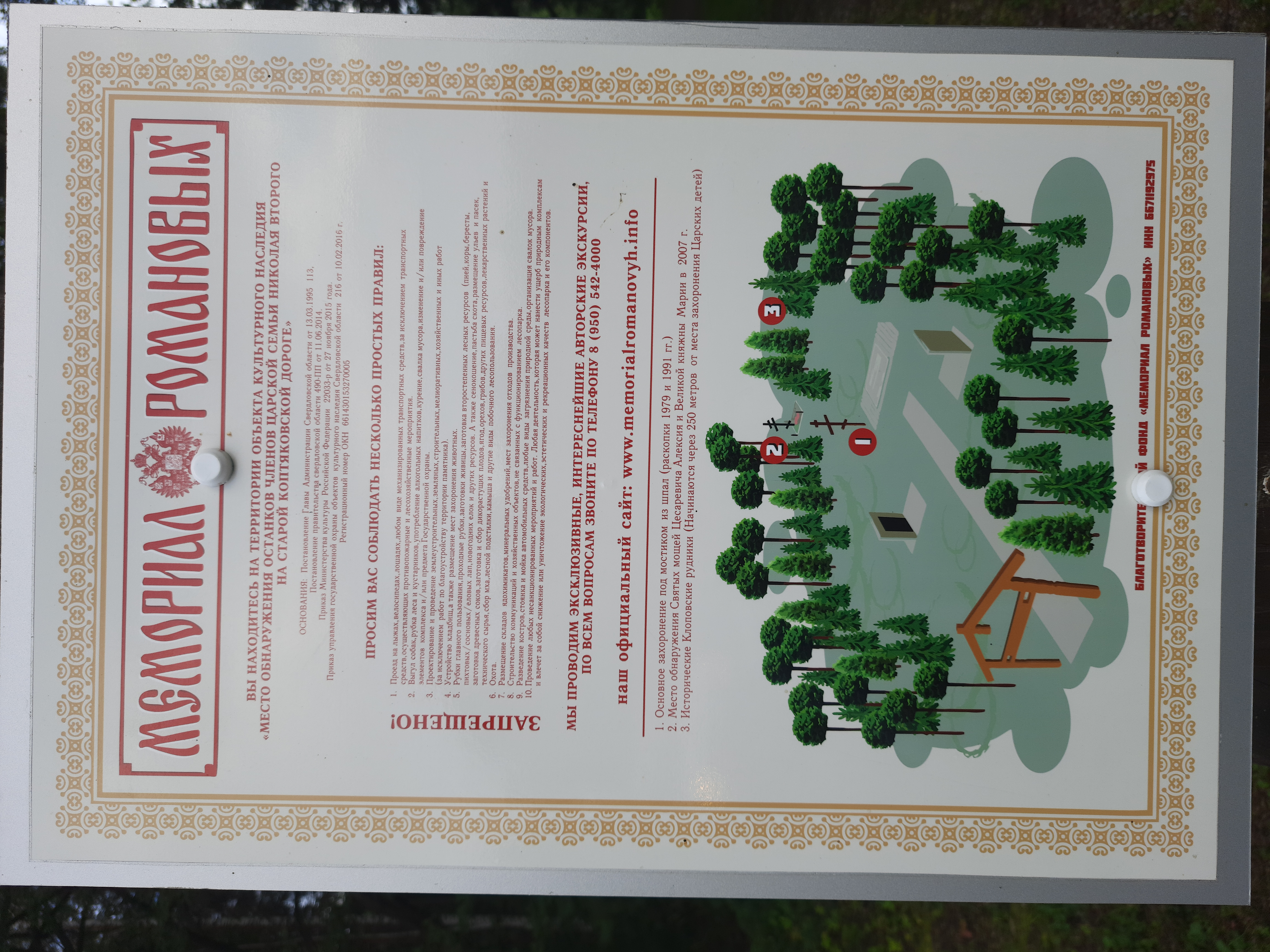Effective Study Habits for Studying English Vocabulary
페이지 정보
본문

First and foremost, establish a consistent and regular learning routine. Set aside time for daily review and learning of new words. Use flashcards and apps to track your progress. Sticking to a managed and predictable schedule will help you stay motivated and engaged and ensure that you're learning vocabulary in a steady and manageable pace.
Another important and useful best practice is to explore word structures and connotations. English words often use similar prefixes and suffixes that can help you decipher their meanings. By recognizing and studying these word patterns, you can learn new vocabulary in batches and improve your ability to decode unfamiliar words.
Vocabulary learning also benefits from contextualization and immersion. Instead of learning individual words in isolation and solitude, try to learn them through dialogs and conversations. This approach helps you understand how words are incorporated into language, making them more useful and relevant. Read extensively and widely, watch movies with English dialogue, or engage in conversations with native speakers to expose yourself to meaningful and authentic language in action.
To reconfirm and solidify new vocabulary, regular practice and spaced recall are essential. Review words periodically and at varying intervals but also change the pace of review sessions to keep yourself engaged and motivated. One practical and realistic strategy is to review words at increasingly long intervals, rather than reviewing them all at once. This technique, called spaced repetition and recall, helps solidify and retain new vocabulary in your long-term memory.
Another practical and useful technique is to incorporate mnemonics and associations. Create acronyms and mind maps or creative word connections that link new words to mementos and experiences. This approach can make vocabulary fun and interactive to learn.
Finally, it's crucial and fundamental to use hands-on and experiential techniques. Test yourself on vocabulary by self-assessing, try to reproduce from memory, английский язык для детей статьи or express yourself using new vocabulary. Engage in meaningful conversations and language use to strengthen and solidify your understanding and retention of new vocabulary.
In conclusion, studying English vocabulary requires consistent effort. By incorporating these effective and efficient best practices into your learning routine, you'll improve and enhance your vocabulary, boost your language skills, and unlock a realm of understanding.
-
- 이전글
- Key Pieces Of High Stake Poker
- 25.08.03
-
- 다음글
- The best way to Deal With(A) Very Bad Novosti
- 25.08.03